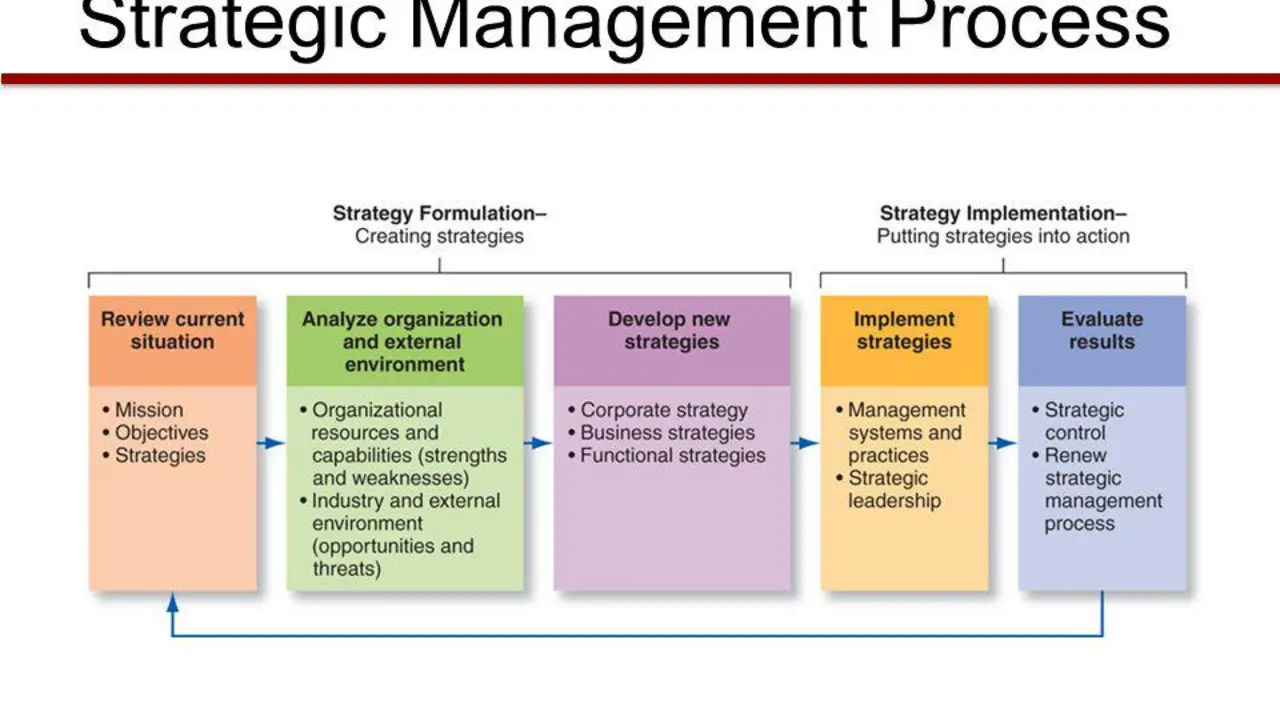Effective Coping Strategies for Everyday Stress and Health Issues
Feeling overwhelmed by work, health worries, or restless nights? You’re not alone, and you don’t need a fancy plan to feel better. Below are real‑world tricks that thousands use to calm the mind, improve sleep, and stay on track with medication.
Everyday Techniques You Can Try Right Now
1. Breath Reset – When anxiety spikes, pause and take four slow breaths. Inhale for a count of four, hold for two, then exhale for six. This simple rhythm signals your brain to relax and cuts the fight‑or‑flight surge.
2. Move a Little – A five‑minute walk, some gentle stretching, or even marching in place helps release tension hormones. You don’t need a gym session; just get your blood moving.
3. Night‑time Wind‑Down – Turn off screens at least 30 minutes before bed. Dim the lights, read a paper book, or listen to calm music. Consistency trains your body to associate these cues with sleep.
4. Journaling Flash – Write down three things that went well today and one worry you’ll tackle tomorrow. Putting thoughts on paper clears mental clutter and creates a simple action plan.
5. Medication Mindfulness – Use a pill organizer and set phone reminders for each dose. Pair the reminder with a quick check: “Did I take it? How do I feel?” This habit reduces missed doses and helps spot side‑effects early.
When to Seek Professional Help
If anxiety keeps you up night after night, or if you notice new side‑effects from a medication, it’s time to talk to a health professional. A therapist can teach CBT techniques tailored to your situation, and a pharmacist can review any drug interactions that might be worsening your stress.
Don’t ignore persistent symptoms like panic attacks, constant fatigue, or mood swings. These can be signals that your coping toolbox needs a professional upgrade. Booking a tele‑health visit is quick, and many platforms let you chat with a clinician without leaving home.
Remember, coping isn’t about ‘toughing it out’ alone. It’s a mix of small daily actions, smart use of medical resources, and knowing when to ask for help. Start with one or two of the tricks above, track how you feel, and adjust as needed. You’ve got the power to take back control, one easy habit at a time.

